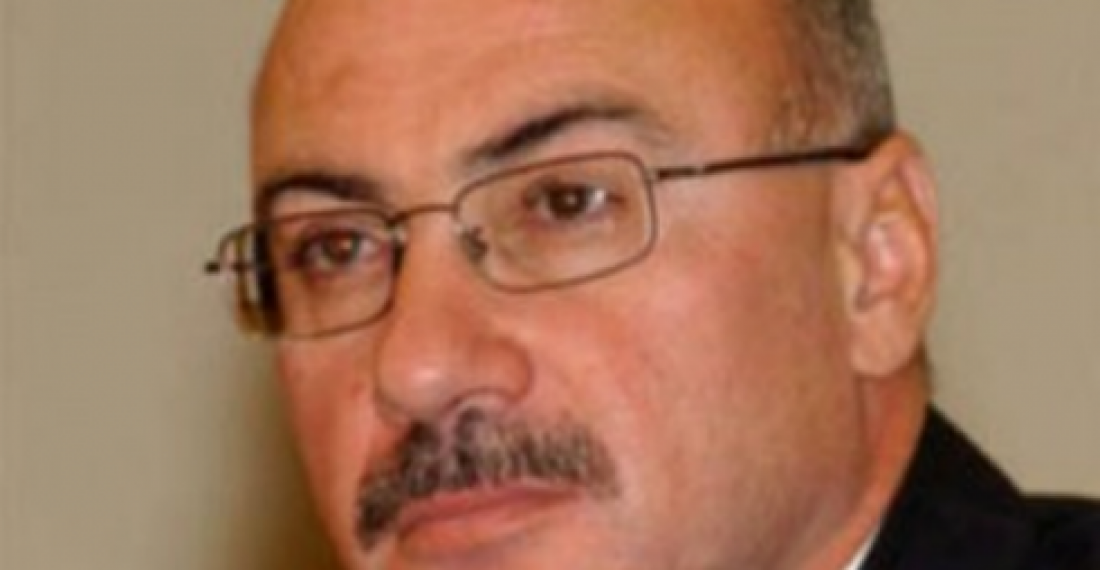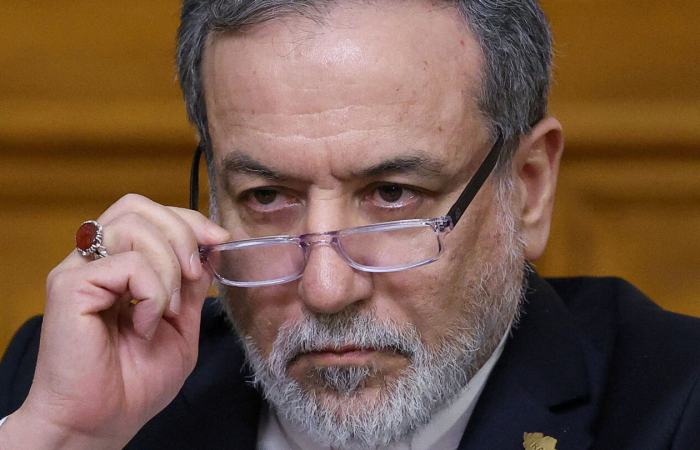Бывший президент самопровозглашенной Нагорно-Карабахской Республики (НКР), Аркадий Гукасян, в интервью для News.am в годовщину соглашения о прекращении огня, которое остановило военные действия между Азербайджаном и Арменией в нагорно-карабахском конфликте в 1994 году заявил, что лучше вести переговоры, а не воевать.
По мнению Гукасяна, некоторые среди армянской стороны считают, что надо было идти до конца, в то время как другие считают, что подписание этого соглашения было естественным развитием событий.
"Однозначно, что плохой мир лучше "хорошей" войны, хотя хороших войн и не бывает. Я считаю, что подписание Соглашения было правильным шагом", - сообщил Гукасян в интервью агентству. Однако, он добавил, что предусмотренные Соглашением гарантии не были соблюдены, режим прекращения огня нарушается.
"Но во всех случаях, лучше вести переговоры, чем стрелять. И хотя Соглашение не было началом переговоров, нам удалось остановить войну, спасти многие жизни", - подчеркнул Аркадий Гукасян.
Источник: commonspace.eu по материалам News.am
фото: Аркадий Гукасян (фото из архива).
Аркадий Гукасян: "Лучше вести переговоры, чем стрелять." Бывший президент самопровозглашенной Нагорно-Карабахской Республики заявил, что подписание соглашения о прекращении огня было правильное решение и оно спасло много жизней.
Аркадий Гукасян: "Лучше вести переговоры, чем стрелять." Бывший президент самопровозглашенной Нагорно-Карабахской Республики заявил, что подписание соглашения о прекращении огня было правильное решение и оно спасло много жизней.







